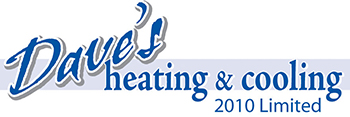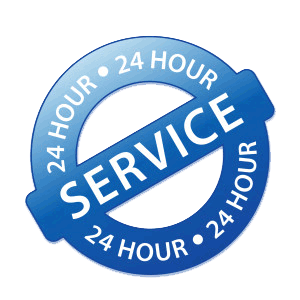Dave’s Heating and Cooling doesn’t mess around. We take our client’s needs and concerns seriously, and only provide the best quality products that will out perform any and all expectations. Ensuring our own expectations are met, we work with top quality products, constantly training, upgrading and expanding our knowledge and skills.
Preventative checks
Duct cleaning is one of the most important things you can do not only for your family’s health, but for the health of your house and its heating and cooling systems.
How do I know if my duct work needs cleaning?
- If you don’t remember ever having your duct work cleaned or if you haven’t within the past 5 years, it’s probably time. If you duct work has been cleaned in the past, you will typically find access doors installed on the supply and return plenums near the furnace.
- Remove a register grill – ones on the floor or near the floor are easiest to remove (often no screws) and peer inside with a flashlight – check several areas for a representative sample.
- Do people in the house suffer from allergies, asthma, or other respiratory problems?
- Do you experience nausea, headaches, itchy eyes, etc. while at home?
- Do you have pets in the home and/or excessive dust on furniture and horizontal surfaces?
- Never cleaning your duct work is like changing your oil filter without changing your oil. We are sure you change your furnace filter often, but what about everything leading to the furnace filter?
- Mold needs 3 things to survive: moisture, nutrients (such as dirt, dust, animal dander, cellulose construction debris from building), a a surface to grow on. Your duct work can become an unknown breeding ground for fungi, germs and mold.
- Studies have confirmed that contaminated air ducts spread some diseases, including salmonella, strep and legionnaires disease.
- The EPA claims that indoor air has been found up to 70 times more polluted than outdoor air. We spend 60%-90% of our time indoors.
- Better Health Magazine states “1 out of 6 people who suffer from allergies do so as a direct result of the fungi and bacteria in the air duct systems.”
- Reduced energy bills? Research by the EPA had demonstrated that HVAC system cleaning may allow systems to run more efficiently by removing debris from sensitive mechanical components. Clean, efficient systems generally operate more efficiently that dirty systems.
How often should residential HVAC system be cleaned?
Frequency of cleaning depends on several factors, not the least of which is the preference of the home owner. Some of the things tht may lead ta home owner to consider more frequent cleaning include:
- Smokers in the household
- Pets that shed high amounts of hair and dander
- Water contamination or damage to the home or HVAC system
- Residents with allergies or asthma who might benefit from a reduction in the amount of indoor air pollutants in the home’s HVAC system.
- After home renovations or remodeling
- Prior occupancy of a new home

